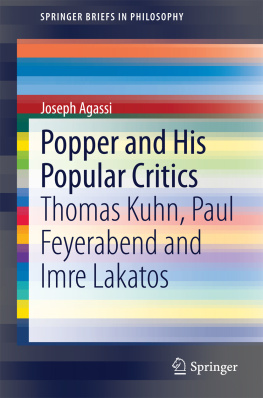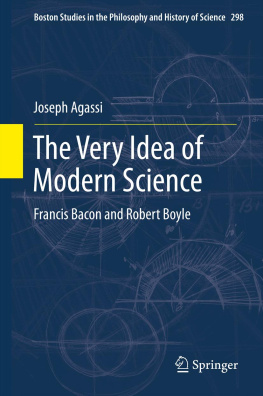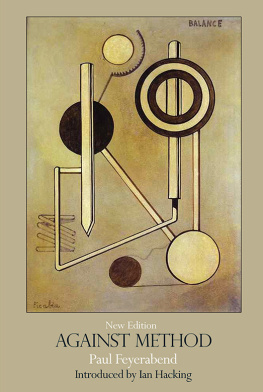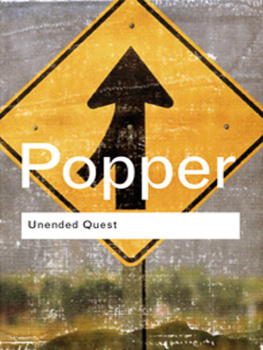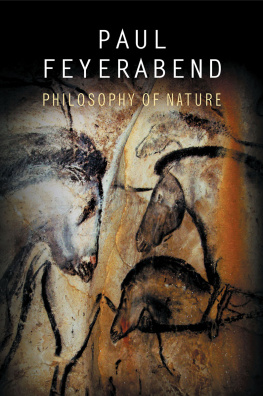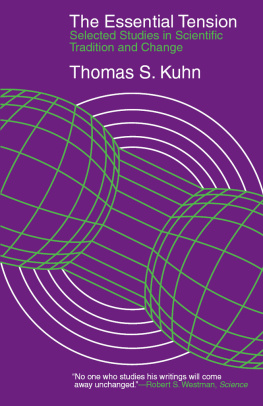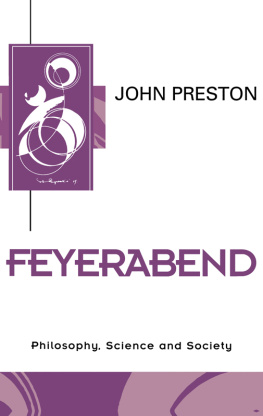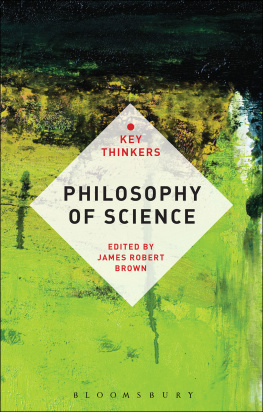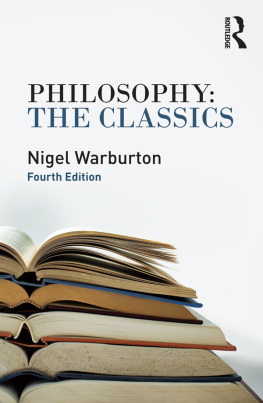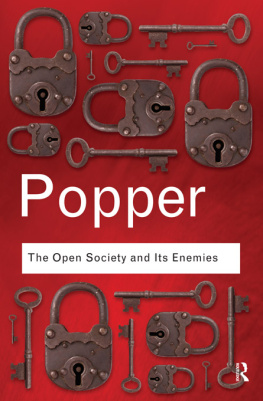1. On Human Rules About Gods World
The short story El Aleph of Jorge Luis Borges concerns aestheticshow the rules of art relate to superior poetry (or to superior art in general; it is hard to judge). On the spur of the moment, Borges suggests, poor poets make up rules to justify whatever goes into their artto no avail. To be good, art must be kaleidoscopic: it must present its object in diverse perspectives and thereby reflect the whole world, no less, and in many ways. Borges envisioned a materialization of this kaleidoscope; he named it an alephafter the first letter of the first alphabet, the numerological name for the First, the kabalistic name for the origins of the universe; the name that arch-mathematician Georg Cantor gave actual infinity.
Borges wrote prose and poetry. His prose excels; hardly his poetry. His prose pieces are concise sketches, outlines of veiled secrets, barely told tales, and abstracts of philosophical treatises. One of these, Borges and I, is (a prcis of) a fabulous essay of less than one page that reports about two selves of his, one humble one vain. He confesses there ignorance as to who is more real. His ascription of vanity to himself is possibly an expression of his fear that since the quality of his poetry is not the highest, his publication of it rested on vanity. We may then read his confessed ignorance here as a silent prayer that the esteem for his poetry will rise.
The plot summary of El Aleph is this. The deceased sweetheart of the narrator had lived in one house with a relative of hers who is an inept poet working on an ambitious project of writing a poem about everything while making up rules to justify his poor choice of words. The narrator befriends him in order to frequent the home of his deceased sweetheart. One day the relative sees an aleph in his cellar. He fears losing his mind. The narrator volunteers to verify the strange fact. Down in the cellar he feasts his eyes on the marvel. Upon his return, the inept poet asks him anxiously: did you see it? No, he replies cruelly. Later the inept poet gains honors, moves to a better house and demolishes his old one. The narrator reports about another manifestation of the aleph.
This expresses obliquely Borges fears that his poems are poor (and of his having published them as vain) as his painful awareness of his ability to see but not to articulate his vision. The story must have more readings: it is kaleidoscopiclike all of Borges prose that is poetic.
The storys center is the contrast between the poor artist who makes rules after the facts and the inexhaustible richness of existence. Are all rules after the facts? Are some rules helpful? Borges raises these questions regarding art. Others did so regarding evolutionary and developmental psychology, learning and education theory, generative grammar and philosophy, learning and research: can the best system of science possibly contain an image of the whole cosmos? Russell said (1914), of course not. Popper and Polanyi agreed: the cosmos is too rich for that. Kuhn followed Polanyi; Feyerabend followed Popper. A posthumous book of his is Conquest of Abundance: A Tale of Abstraction versus the Richness of Being. As science is limited, does it nonetheless reflect reality? How?
The Age of Reason replaced traditional religious skepticism and took it for granted that science can encompass Gods world. Even then some of the greatest thinkers doubted that, particularly David Hume and Immanuel Kant. In the middle of the nineteenth century William Whewell challenged traditional views about the rules of scientific research to make room for creativity. At the turn of the nineteenth century Pierre Duhem did the same more radically to allow freedom in research. Soon Popper developed the ideacritical rationalismthat the rules for scientific research do not depend on the world. To insure that this was the case he chose the smallest subset possible of the traditional set of rules for research: suffice it for scientific theories that they should be open to empirical criticism. This fits with Einsteins view: research is putting questions to Nature; She can say no and She can say maybe; She never says yes. The standard objection to Popper is naturally that his set of rules is too poor. Other oppositions were that we cannot articulate the rules (Kuhn), that there are no rules (Feyerabend) or that we need new rules (Lakatos).
Borges plays here the terrific role of bridging between traditional religious skepticism and the modern view of reason that is more humble than that of the Age of Reason but is rationalist all the same. This way he began the project dear to the heart of Feyerabendof bridging between the arts and the sciences. Borges shunned capricious whims; as he has put it, he preferred naturalistic explanations to mystic ones. His naturalism is remarkably realist:
If I could live again my life,
In the nextIll try,
to make more mistakes,
I wont try to be so
perfect, Ill be more
relaxed
Ill take fewer things seriously
Ill take more risks
Bibliography
Agassi, Joseph. 1998. Science real and ideal: Popper and the dogmatic scientist. Protosociology 12: 297304.
Borges, Jorge Luis. 1964. Labyrinths: Selected stories and other writings .
Feyerabend, Paul. 1967. On the Improvement of the Sciences and the Arts and the Possible Identity of the Two, Proceedings of the Boston Colloquium for the Philosophy of Science , 387415, 19641966.
Feyerabend, Paul. 1999. Conquest of abundance: A tale of abstraction versus the richness of being .
Fuller, Steve. 1989. Philosophy of science and its discontent .
Holton, Gerald. 1974. On being caught between dionysians and apollonians. Daedalus 103: 6581.
Kuhn, T.S. 1962, 1970. The structure of scientific revolutions .
Laktos, Imre. 1978. The methodology of scientific research programmes .
Polanyi, Michael. 1962. The republic of science. Minerva , 1: 5473.
Popper, K.R. 1983. Realism and the aim of science .
Ziman, John. 1968. Public knowledge: An essay concerning the social dimension of science .
2. In Search for Rules
Abstract
How is navigation possible between dogmatism and relativism? Traditionally, the chief aims of the rules were first to prevent error and second to reveal the truth. This is an excess. Fallibilism tries to rectify the situation. The central problem that Fallibilism raises is, what error is allowable, reasonable, or even fruitful? Philosophers of science deem science a success story and seek rules for total success. Feyerabend exposed this as a serious error, defending the freedom of speech that includes the freedom to assert foolish ideas. He offered this as a critique of the idea of rationality. It is but the view that rationality is not legally obligatory. It still is advisable.

